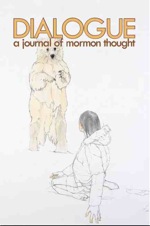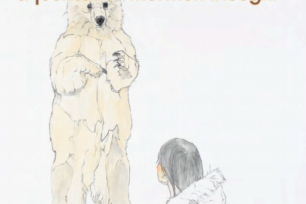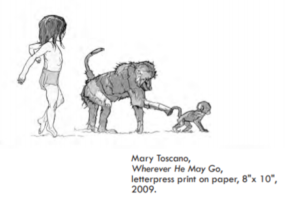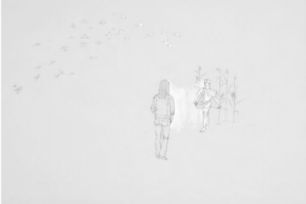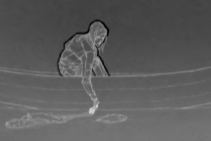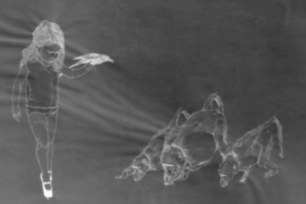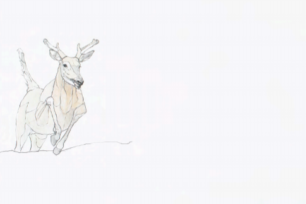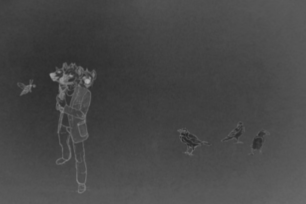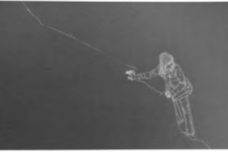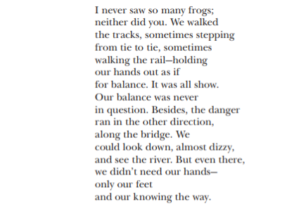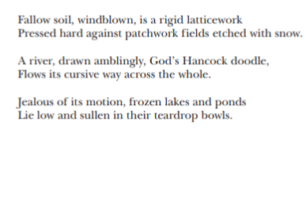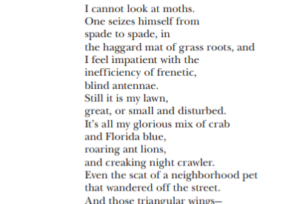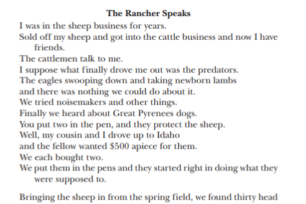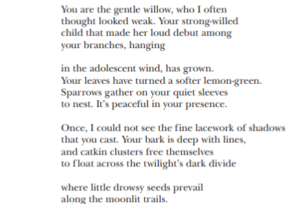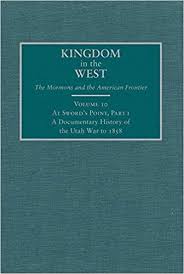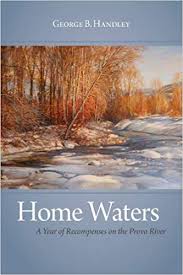Why Nature Matters: A Special Issue of Dialogue on Mormonism and the Environment
Steven L. PeckI became active in the Church while I was serving in the U.S. Army, stationed in Germany in the late 1970s. I was just starting to feel my way around the gospel and had come to the German Alps to attend a single adult conference. The conference was a powerful reorientation into the Church; but one day, I decided to dodge a few sessions because I wanted to hike a trail someone had recommended. It was supposed to be lovely—winding through high alpine meadows and meandering through dense forests still fairy tale dark and old. And it was. The woods were quiet and serene, capturing a mood of stillness. A reverence. I passed few people, but I did not feel alone. A presence was with me, sheltering me, being in attendance with me, sharing something that seemed to fill the air with promise. I felt contented and happy.
Read more





